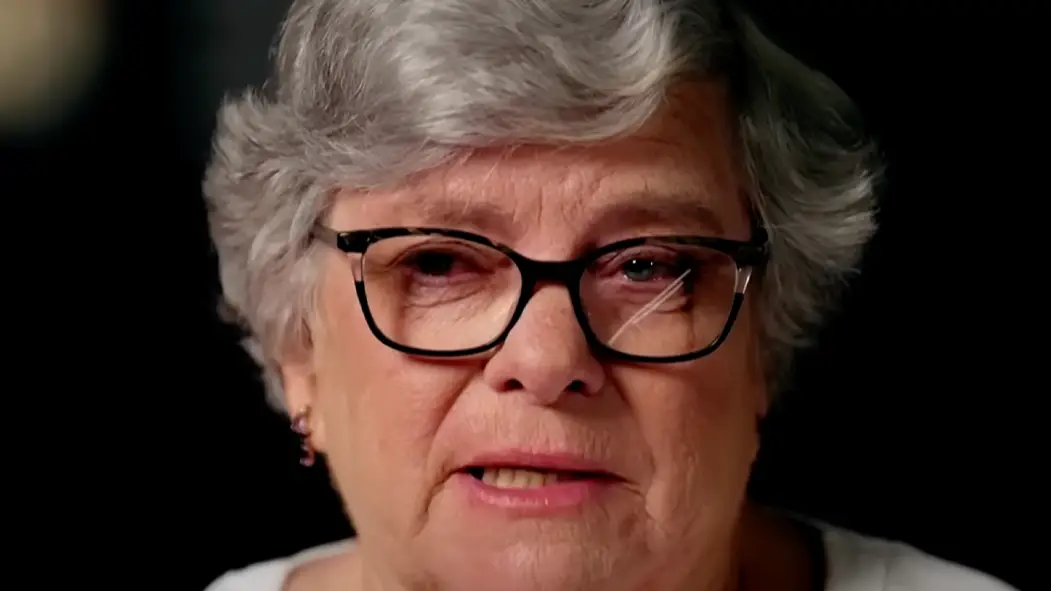
A drug that was given to mothers shortly after giving birth to stop lactation may have devastating long-term health consequences.
Stilboestrol, also known as diethylstilbestrol (DES), is a synthetic form of estrogen that was used from the 1940s to the late 1970s to treat several issues in women who had given birth, including for lactation suppression - the process of drying up breast milk after birth.
DES, which was once dubbed the 'wonder drug', was also given to pregnant women to prevent miscarriage.
While DES was known to be carcinogenic - likely to cause cancer - since as far back as the 1950s, it was still used for many years.
Advert
Research has suggested that when the drug was taken when pregnant, the negative health impacts can be passed down generations. Recent studies suggest that granddaughters and grandsons of individuals exposed to DES may face a slightly increased risk of cancer and birth defects, according to the National Cancer Institute.

In the time spanning from the 1950s to the 1970s, more than 150,000 mothers were forced to give their babies up for adoption if they were unmarried, and DES was given to the birth mothers to stop lactation.
Not only did this shatter families, but it may have led to long-term health side effects.
Australian women are now speaking out about this tragedy and their fears for the future generations, passing illnesses that might have been preventable on to their children and grandchildren.
In 1970, Wendy Pankhurst was forced to give up her eldest child for adoption when she was 17, and was given DES.
She told 60 Minutes Australia that she was not worried about the medication at the time, saying: “If a doctor said you need to take this medication, you took it.”

However, 55 years after giving birth and being given DES, Pankhurst said she had been diagnosed with lung issues.
DES was marketed as the ‘miracle drug of modern medicine’ at the time, as it was also given to patients to stop miscarriage, treat prostate cancer and treat menopause symptoms.
Wendy’s second child, Cathryn Buckerfield, said she has faced bad health her entire life which she believes to be a result of her mother taking the pills.
“I suffer from fibromyalgia. I developed puberty very, very late,” she explained. “I’ve also got chronic migraines. It took six years and then a round of IVF to fall pregnant.
“I have stage four endometriosis, which just meant I had a hysterectomy. And asthma, I really struggle to breathe.”
DES is considered ‘one of the most dangerous endocrine disruptors of all’, according to the report.
The endocrine system is a group of glands and organs responsible for producing, storing, and releasing hormones. An endocrine disruptor are substances ‘that interfere with the normal function of your body’s endocrine system’ according to the Endocrine Society.
Dr Peter Myers is a leading scientist who has been studying powerful endocrine disruptors like DES that forever alter one's genes.
"They change how genes are turned on and off," Myers said. "And if they get turned on or off at the wrong time, bad stuff happens.
"Sometimes when it's turned on, it turns on forever, for as many generations as we've been able to follow."
